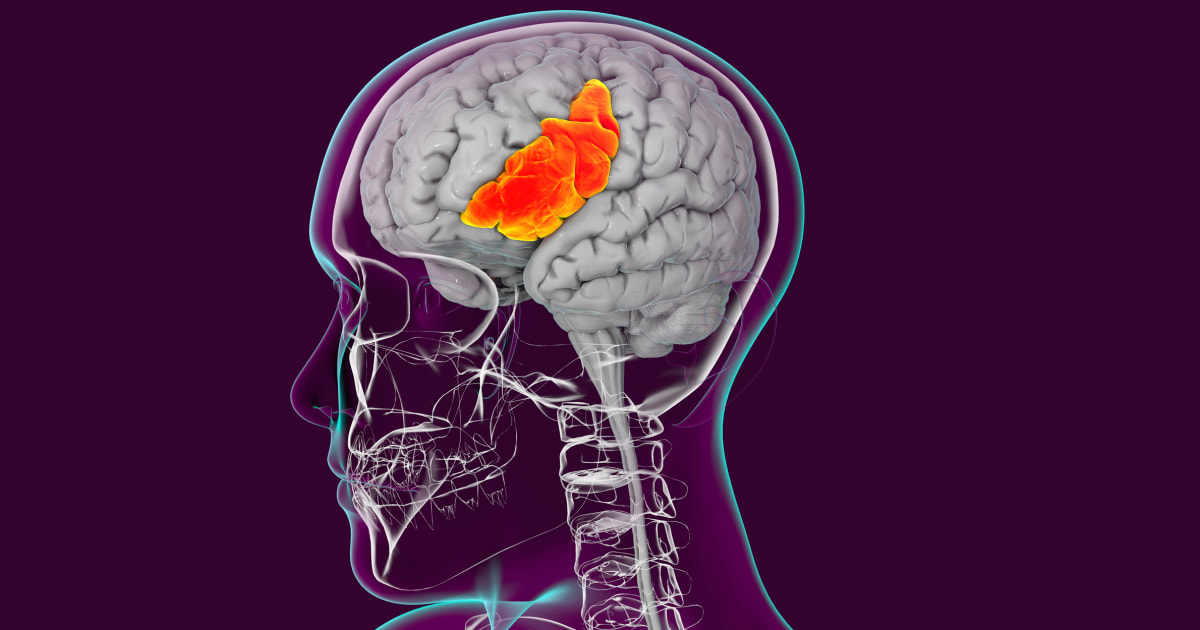Revolutionizing Communication: The Bilingual Brain Implant
Researchers at the University of California, San Francisco have made a groundbreaking advancement in the field of neural engineering by developing a bilingual brain implant that utilizes artificial intelligence to help a stroke survivor communicate in both Spanish and English. The innovative decoding system, created under the leadership of Dr. Edward Chang, co-director of the Center for Neural Engineering and Prostheses, has enabled the individual, known as Pancho, to form sentences in both languages based on his brain activity.
Pancho, a native Spanish speaker who learned English as an adult, suffered severe paralysis following a stroke in the early 2000s, leaving him with the ability to only moan and grunt without clear articulation. However, after receiving a neural implant in 2019, Pancho’s brain activity was tracked and decoded using an AI neural network to allow him to communicate, initially only in English.
Through years of research and development, scientists discovered that Pancho exhibited cortical activity across both languages, leading to the development of a bilingual brain implant without the need for separate language-specific decoding systems. This breakthrough allowed Pancho to switch between languages based on preference, enabling him to participate in conversations fluently and express his thoughts in both Spanish and English.
This remarkable study, published in Nature Biomedical Engineering, showcases the potential of bilingual speech neuroprostheses to restore natural communication among bilingual individuals with paralysis. The future implications of this technology have the capacity to revolutionize how individuals with communication disorders are able to interact and engage in meaningful dialogue.
Conclusion
The bilingual brain implant created by researchers at the University of California, San Francisco represents a significant milestone in the field of neural engineering and artificial intelligence. This innovative technology has the potential to transform the lives of individuals with communication disorders, offering them the ability to communicate freely in multiple languages. The research conducted by Dr. Edward Chang and his team underscores the importance of incorporating bilingual capabilities into neural prostheses, paving the way for enhanced communication and connection among diverse populations.
IntelliPrompt curated this article: Read the full story at the original source by clicking here a fun game: sprunki horror

